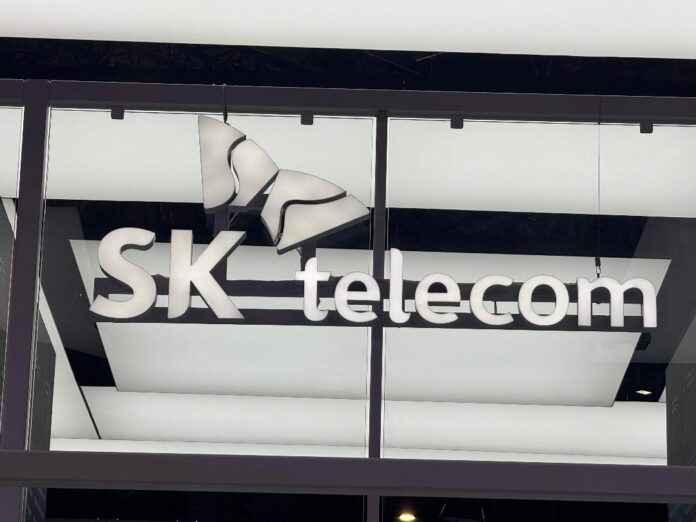SK Group said the data center in Ulsan is scheduled to starts operations by 2027 and is expected to generate up to 78,000 direct and indirect jobs
Korean conglomerate SK Group confirmed it will build a data center in the city of Ulsan, South Korea for a new AWS AI Zone that will help organizations in the Asian nation build innovative and new artificial intelligence applications locally.
In a release, the Korean company noted that the AI Zone will include dedicated AWS AI infrastructure and servers with world-class semiconductors, UltraCluster networks for faster AI training and inference, AWS services like Amazon SageMaker and Amazon Bedrock and AI application services such as Amazon Q to advance Korea’s mission to be a world leader in the AI field.
On June 20, SK Group and AWS held a signing ceremony for the establishment of the AI Zone in Ulsan.
The data center in Ulsan is scheduled to starts operations by 2027 and is expected to generate up to 78,000 direct and indirect jobs over time as the data center scales and operations expand. The AI Zone in Ulsan will combine capabilities from SK Group and AWS through a 15-year partnership to provide top-tier network operations, a semiconductor supply chain and efficient power infrastructure. This partnership is in addition to AWS’s long-term US$5.88 billion planned investment in Korea by 2027.
SK Group will lead the construction of the data center, while AWS will establish the AI Zone in Ulsan, which will deliver a broad selection of AWS’s AI and cloud capabilities to customers in the Asian country.

The project brings together key SK Group affiliates, including SK Telecom, SK Broadband, SK hynix, SK Gas and SK Chemicals, among others.
SK’s Telecom AI Infrastructure Superhighway is as a strategic initiative focused on three main components:
-AI Data Centers (AIDCs): The carrier is constructing hyperscale AI data centers across South Korea, each designed to exceed 100 megawatts in capacity. These facilities aim to serve as central hubs for AI processing and storage, supporting both domestic and international AI workloads.
-GPU-as-a-Service (GPUaaS): To democratize access to high-performance computing, SK Teñecp has launched a cloud-based GPU service. This platform allows businesses and developers to utilize powerful GPU resources on-demand, facilitating AI model training and deployment without the need for significant upfront hardware investments.
-Edge AI: Recognizing the importance of low-latency processing, the Asian telco is expanding its edge computing capabilities. By integrating AI processing closer to data sources, such as mobile devices and IoT sensors, the company aims to enhance real-time data analysis and decision-making across various applications.
In 2023, SK Telecom had announced its ambition to become a global artificial intelligence company by strengthening its own AI competitiveness and cooperating with partners globally.
The telco had previously reorganized its operations into seven key divisions, with a strong focus on AI. This includes specialized units such as AI Transformation (AIX), AIDC, A. (A-Dot), and Global Personal AI Agent (GPAA), all dedicated to enabling differentiated services and AI leadership.
To reinforce its AI data center business, the Korean telco has made strategic investments in Lambda, a global GPU cloud provider, and signed an investment agreement with Penguin Solutions, a specialist in AI-driven data center solutions. In December 2024, SK Telecom launched the Gasan AI data center in partnership with Lambda and introduced ‘SKT GPUaaS’ to accelerate AI infrastructure expansion in both domestic and international markets.
Additionally, the Korean carrier is continuing its collaboration with Penguin Solutions to drive global AIDC expansion, develop next-generation memory appliances and advance joint research and commercialization efforts targeting emerging enterprise AI use cases and vertical-specific demands.

